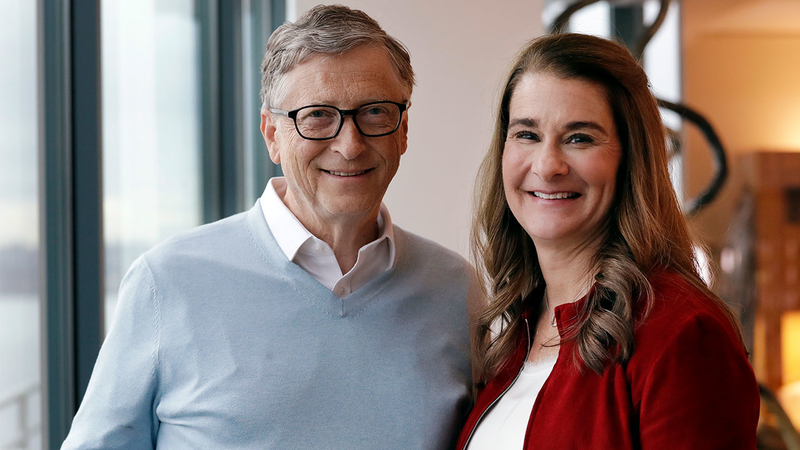By Zion Rufus
Multichoice’s recent announcement that it will not broadcast the upcoming Africa Cup of Nations (AFCON) 2023 has triggered a wave of reactions and raised concerns about its impact on fans, Africa’s image, and potential investors.
Not only has this decision disappointed sports enthusiasts, it has also prompted a closer examination of the dynamics influencing broadcasting rights and the commercial viability of African football competitions.
Quite unsurprisingly, Multichoice Africa, through its DSTV and SuperSport Channel on GOtv, declared that it had not secured the rights to broadcast AFCON 2023. This development comes as New World TV (NWTV) had already secured TV rights for most of Africa, indicating a shift in the broadcasting landscape for this prestigious football tournament.
While Multichoice assured fans that AFCON 2023 games would still be accessible through partner broadcast stations on Free to Air (FTA) channels, questions linger about the production quality and reliability of these alternatives.
However, collective sentiment has suggested that for the industry’s sake, stakeholders including CAF and broadcasters need to enhance the competition’s broadcast product to attract more brands and viewers.
In a LinkedIn ‘comment section’ conversation, James Torvaney, Managing Director at Pulse Sports, emphasized the underestimated role of broadcasters in enhancing the production quality of sports events and the potential impact on sponsors.
One possible scenario, according to Torvaney, is that there may have been disagreements between CAF, NWTV, and Multichoice, leading to the exclusion of Multichoice as the main broadcaster. Whether political or strategic, such scenarios raise concerns about the openness and competition within the industry.
If the decision was strategic, cutting off the continent’s biggest broadcaster before a major tournament poses risks not only to fans but also to sponsors who lose significant value.
Delving deeper, Torvaney highlighted that Multichoice’s historical lack of interest in African football, driven by low viewership, betting volumes, and advertising revenues, might be a key factor in this scenario.
“Cutting off your main broadcaster so soon before your major tournament not only impacts fans but also destroys huge amounts of value for sponsors, who will no longer reach the audience they were expecting. That said, I don’t think this explains it fully. If MC made a good offer for the rights, it would be odd for NWTV to leave that money on the table,” Torvaney said.
“Historically, Multichoice have not shown much interest in African football, but I can’t say I blame them from a business point of view. All of the key metrics (viewership, betting volumes, and advertising revenues) for domestic sports are very low, so there is little rationale for big rights deals unless the product itself is massively improved.”
“The value of the rights is low partly because there is so little time until the tournament kicks off – hardly ideal for recouping millions of dollars via advertising,” he added, noting that AFCON is by nature a difficult property for broadcasters to monetise.
The media rights market in sub-Saharan Africa, Torvaney explained, is primarily driven by sports betting. Leagues like EPL and LaLiga attract substantial revenues due to high betting volumes across the continent. In contrast, AFCON, beyond a few key games, does not offer the same betting market appeal. The fragmented audience across many countries further complicates advertising opportunities for broadcasters like DSTV.
This situation also raises concerns about the commercial attractiveness of AFCON as submissions from other industry experts underlined the significance of Multichoice’s decision.
Abel Owotemu, a consulting specialist, expressed dissatisfaction with Multichoice’s approach, suggesting a focus on taking rather than giving to consumers.
Pointing out Multichoice’s underutilized internet bandwidth in Nigeria, emphasizing the need for fair treatment of African consumers, he said “Interesting development and from a consumer perspective it leaves a lot to be desired where MC is concerned… It appears to be more focused on taking far more than it possibly gives… For instance MC has left its internet bandwidth idle in Nigeria because it does not consider the Nigerian consumers valuable enough to give complimentary Internet services and I will not be surprised if that’s it’s disposition to AFCON after all it has the English Premiership on its staple … African businesses bruise the noses of their clientele with undue monopoly daily.”
On his part, Funbi Ogunfuwa, Head of marketing at The Ball Business mans the viewpoint that the industry is primarily focused on “low-hanging fruits”. ” hence, the move from NWC; to position itself as a direct and suitable broadcasting alternative for the ever-faithful football fanatics in the continent, which is long overdue.”
”If we must be objective,” he continued. “In my opinion, the next question is whether this is an end to Multi Choice’s monopoly or an 80 million USD investment to make a point ?… Time will tell, moments after the AFCON.”
Nicolas Chambaud, Head of servicing at Marketing & Media Solutions sarl, regarded Multichoice’s decision as a negative signal to the market. Calling for a comprehensive coverage of the event, he expressed worry about the potential weak exposure of AFCON if limited to FTA channels, especially considering SuperSport’s dominance in the anglophone area.
Ndeye Diarra Diobaye, Founder of Nineteen31 who also contributed to this building conversation, highlighted the missed opportunities for monetizing AFCON and drew attention to Multichoice’s previous non-broadcasting of AFL (Australian Football League), indicating a consistent disregard for African football.






Comment
No comments found.